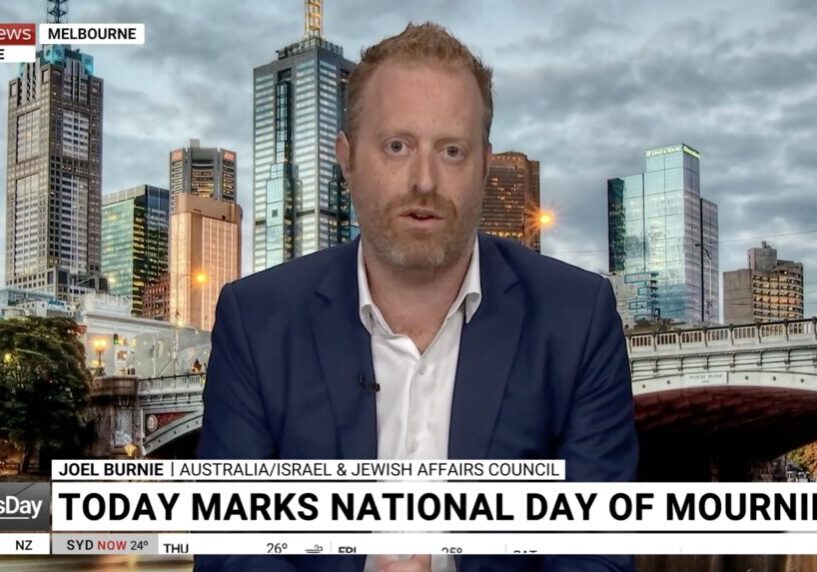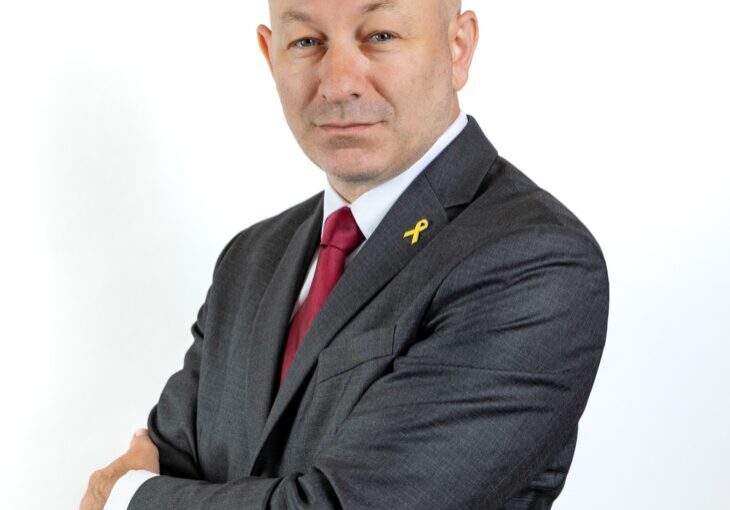Australia/Israel Review
Asia Watch: Gaining ground
Oct 27, 2021 | Michael Shannon

Indonesia’s effort to counter and extinguish violent Islamic extremism is arguably a never-ending task, but the weekly grind of intelligence gathering and pursuing targets continues to yield results – results that rarely generate prominent headlines.
Recent weeks have seen gains against two Islamic State-linked organisations – the Jemaah Ansharut Daulah (JAD) and the Eastern Indonesia Mujahideen (MIT) – which show the multifaceted approach of Indonesia’s counter-terror forces.
In early October, information obtained from a convicted JAD militant led to the seizure of home-made explosives at the foot of a mountain in West Java. Prisoner Imam Mulyana, arrested in 2017 for a failed attempt to attack the entourage of President Joko Widodo, confessed that he and his group had stored 35 kilograms of TATP (triacetone triperoxide), a powerful home-made explosive used in several terrorist attacks in recent years, including the 2005 London Underground bombing, and attacks in Paris in 2015 and on the Brussels Metro and airport in 2016. Mulyana guided police to the site at Mount Ciremai, before a police bomb squad disposed of the material in a controlled explosion.
Credit for the event is due to the deradicalisation program run by Densus 88 (Detachment 88), Indonesia’s elite counterterror unit, formed in June 2003 in the wake of the Bali bombings with significant, ongoing Australian and US backing.
Using sophisticated psychological techniques and backed by experts with deep religious knowledge, Densus 88 officers have proven effective at building rapport and trust with many of the militants they have captured. This approach, along with other intelligence-gathering methods, has enabled the unit to disrupt terror plots and cells with impressive frequency.
Densus 88’s hard side also enabled the elimination of a militant leader in late September. Ali Kalora, the top commander of the MIT, and one of his followers were tracked down in the dense, mountainous jungles of Parigi Moutong regency in Central Sulawesi and killed in a shootout with police. The deaths reduce MIT’s known members to four, with police vowing to capture the remnants “dead or alive”.
The MIT insurgency in Sulawesi is rooted in a vicious Muslim-Christian conflict that left more than 1,000 people dead between 1998 and 2001. MIT founder Santoso, killed by police in July 2016, was the first Indonesian militant to publicly pledge allegiance to the Islamic State group. MIT fighters have been responsible for at least 20 killings of civilians and police since 2012, including beheadings of suspected informants and villagers unlucky enough to cross their path.
Meanwhile, convicted accessories to the 2002 Bali bombings have testified in the trial of Aris Sumarsono, better known as Zulkarnaen, the former military leader of Jemaah Islamiyah (JI). After having been on the run for about 18 years when he was arrested last year, 58-year old Zulkarnaen is charged with a criminal conspiracy for allegedly harbouring Upik Lawanga, a top JI bombmaker.
In a virtual hearing, the witnesses told the court that Zulkarnaen formed and recruited for a JI special team to prepare attacks. But they said they never met nor took orders from Zulkarnaen before the Bali attack. “[Zulkarnaen] has nothing to do with it, but long before the Bali bombing, he had been our leader,” said Sarjio, who is serving a life sentence for helping assemble the bombs used in the attack.
Another witness, Suranto, said Zulkarnaen had never provided any directions regarding the Bali bombings. “I have known him since we joined military training in Pakistan. Other members have known the defendant since he was in Pakistan and Afghanistan,” he testified.
According to the indictment, Zulkarnaen helped write JI’s guidebook. While he was a fugitive, other JI members helped Zulkarnaen and provided him with cash because he was considered a valuable asset and had military expertise, it said.
Close to 900 JI members have been arrested since the 2002 Bali bombings, and it has not staged a major attack in Indonesia since 2011. In 2020, Para Wijayanto, who led JI from 2009 until his arrest in May 2019, was sentenced to seven years in prison.
However, Densus 88 officials remain vigilant against the threat – the number of JI members and sympathisers is estimated to still be several thousand, with 67 JI-affiliated pesantren (religious schools) suspected to be breeding grounds for recruitment.
Tags: Indonesia, Islamic Extremism, Terrorism






